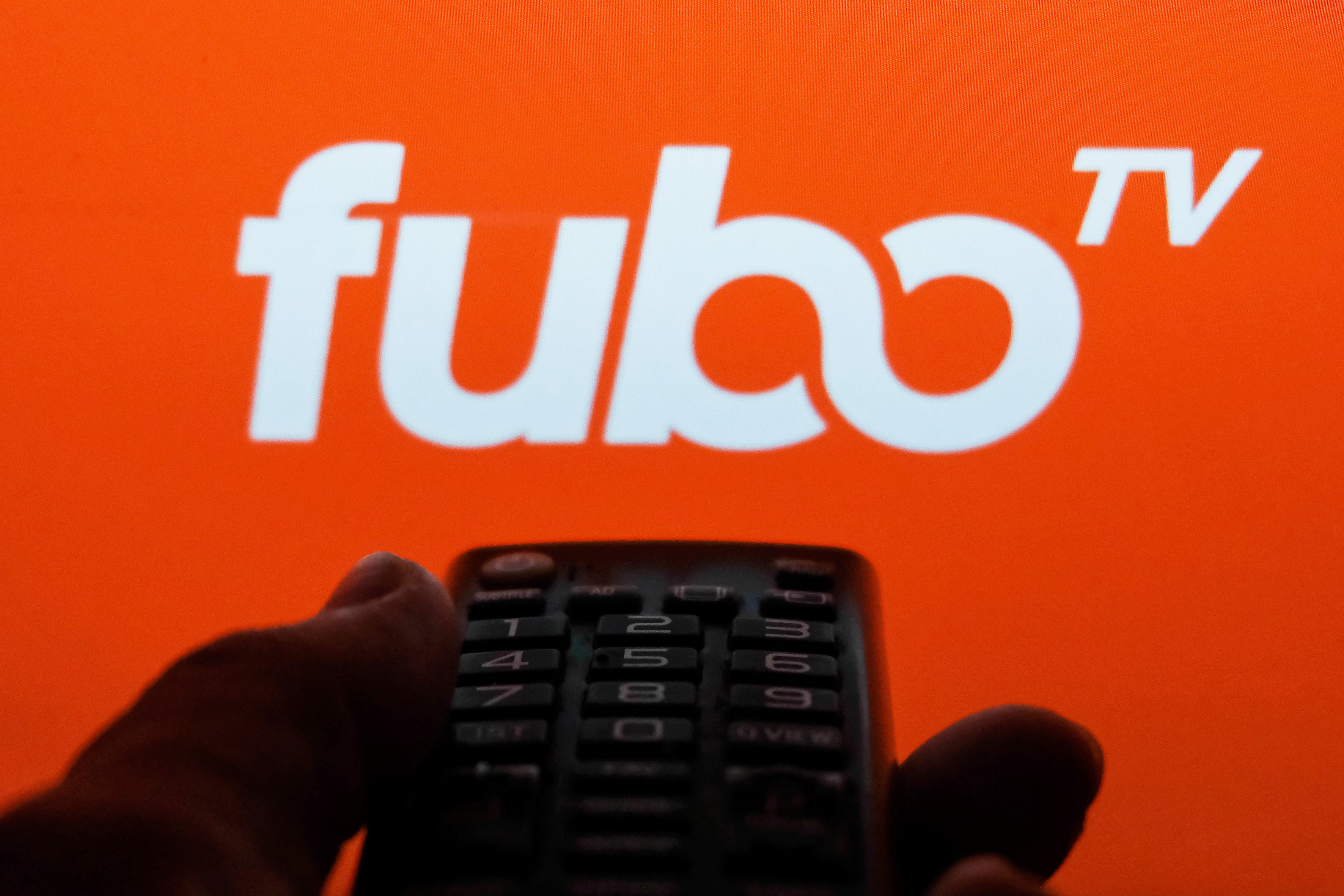
Fubo said it met via video conference last week with members of the policy division for the Federal Communications Commission’s Media Bureau, asking them to not to consider bundlers of streamed live channels (aka “virtual MVPDs”) as full-fledged traditional multichannel video programming distributors (MVPDs).
Around 97% of local stations in the U.S. are on Fubo, the company explained to the agency, according to an ex parte letter sent from Steven J. Brody assistant general counsel, regulatory and government affairs for Fubo, to FCC secretary Marlene Dortch.
Wouldn't it be, you know, a shame if that number went down?
Indeed, Fubo press reps said Brody and company wouldn't comment/elaborate to Next TV on the details … about what Fubo told a public agency we all pay taxes to. But we get it. Being lumped in with Comcast, Charter Communications, DirecTV, Dish Network et. al means Fubo has to abide by all kinds of “good faith” bargaining rules when it negotiates things like retransmission licensing fees with broadcasters.
Also read: Scripps CEO Joins Call for Stations to Negotiate Retrans Fees With vMVPDs
In the July 19 videoconference, according to Fubo, the company "noted that changes to the current interpretation of MVPD to include vMVPDs would create an inefficient market and decrease the number of local stations available to consumers, which would negatively impact consumers and local stations."
We’re only speculating here ... because Fubo doesn’t comment on its public comments ... but we’re guessing the company essentially argued that it's merely a simple caveman ... a humble streamer that loses millions of dollars a quarter.
The cables those MVPD guys run under city streets and the satellites they (used to, at least) launch into the southern sky frighten and confuse the vMVPD.
Fubo’s move comes after broadcast station groups Nexstar Media Group, Sinclair, E.W. Scripps, Gray Television and Tegna and Allen Media Group last week announced the formation of the Coalition for Local News, an effort to convince regulators including the FCC to “modernize” their rules for the “streaming era.”
Yes, broadcasters are leveraging the sanctity of the endangered local news industry to sustain their retrans gravy train.
This is where evolution has led us.







